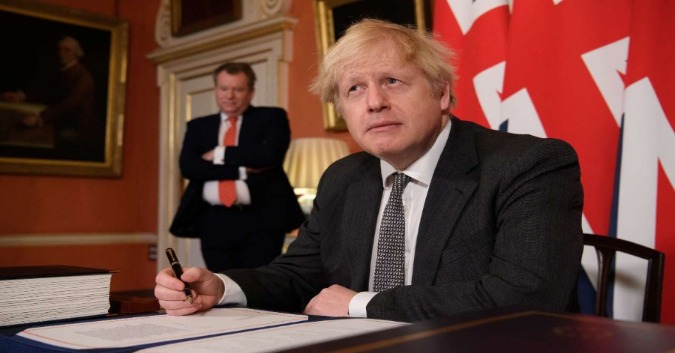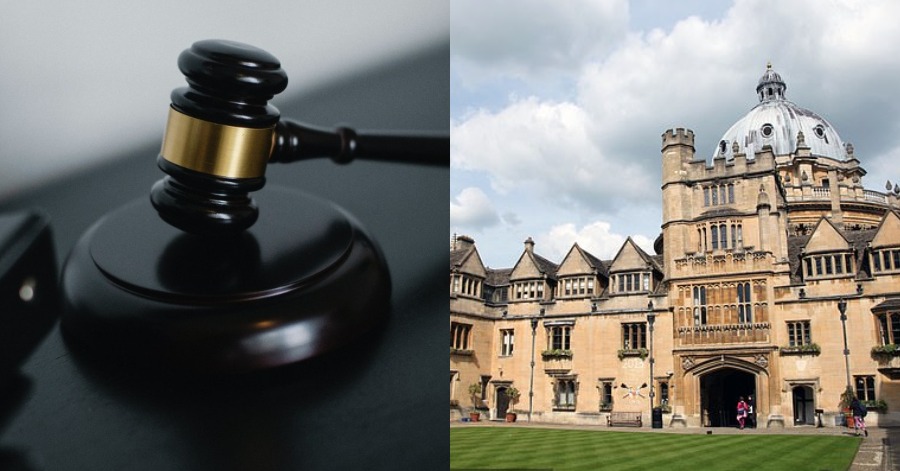New Year’s Eve is set to put 2020 to a “bitterly cold” finish, with alerts in effect across the United Kingdom over snow and ice.
It is said that the temperatures were expected to fall below -5C in the glens of Scotland overnight on Wednesday, while the snow was projected to reach parts of northern and western England during Thursday.
Forecasters cautioned that these regions could also expect rain and sleet storms, which could contribute to still more snow accumulation in some regions.
For significant stretches of northern England, as well as areas of Scotland, a snow and ice weather warning is also in effect until 2 pm on Thursday. A special snow and ice warning will expire at 11 am for northern Scotland and Northern Ireland.
The southern tip of England is now covered by an ice warning, which remains true until 11 am, with experts expecting some clouds, rain, and potential sleet in the far south.
Met Office forecaster Clare Nasir said that as temperatures fell, conditions overnight will be freezing cold.
“It does lead into a very cold start to the last day of the year tomorrow,” she said, adding: “New Year’s Eve will bear with it again the risk of rain, sleet, and snow, another feature sliding down the country from northern Scotland.”
“Particularly inland and over the hills we will see some snow.”
Ms. Nasir continued that during the day, many will see “some brighter weather,” with “a keen breeze keeping things very cold indeed, and again the risk of ice as we head into New Year’s Day”.
During the day, temperatures are estimated to be between 2C and 6C across the UK, with some central and southern areas likely to see the most sunshine.
Meteorologist Alex Deakin of the Met Office said that bitingly cold temperatures would persist in January’s opening days.
Although Mr Deakin forecast that temperatures in January will remain relatively low, he also said that the New Year will be a little drier than the last part of December.
However, “sleet, rain and some snow” will still be part of many’s daily forecast moving into next month, he added.
Source: Independent









Leave a Comment